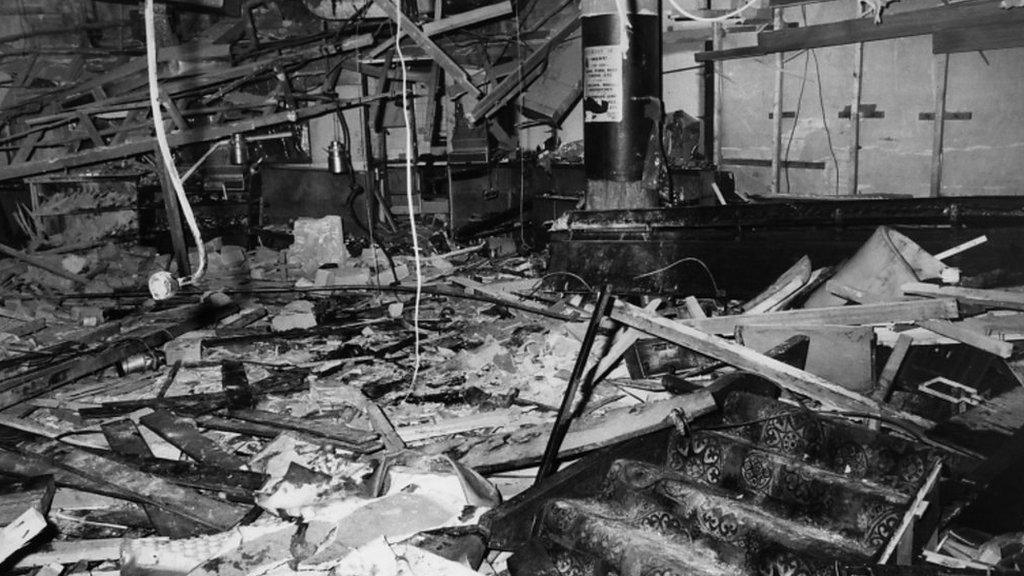Birmingham pub bombings: Families 'may miss inquest'
- Published
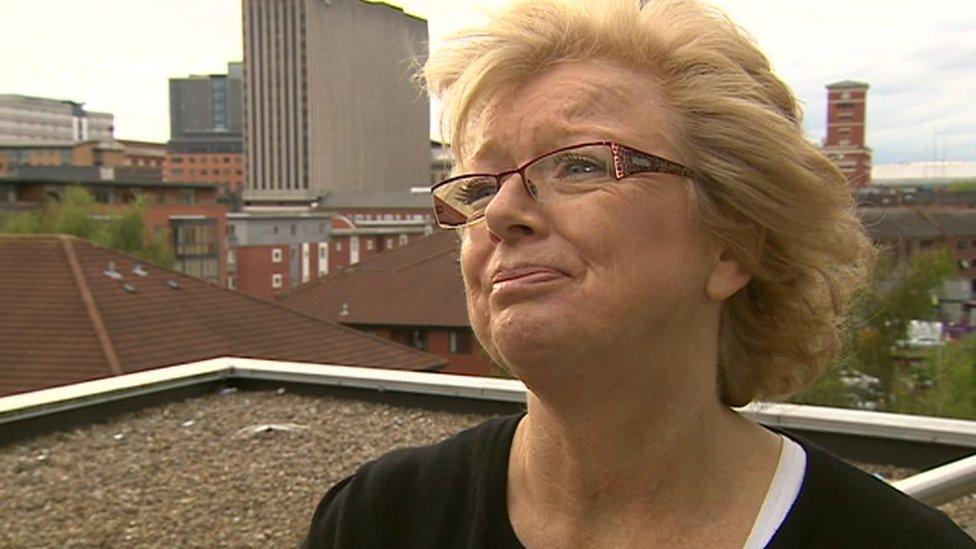
Julie Hambleton said without funding families would either not attend or ask for an adjournment
Relatives of the Birmingham pub bombing victims say they may not take part in forthcoming inquests if they do not get public funding for their legal team.
The Home Office has been looking at a legal aid funding request for the families ahead of inquests into the 21 deaths and a decision is expected to be made this month.
But campaigners said without legal aid they would not have representation.
A pre-inquest review is due to be held next month.
The relatives want their lawyers, who have so far worked free of charge, to be paid out of public funds, in the same manner as police and other agencies who will be in involved in the inquests.
Q&A: Birmingham bombings inquests
Campaigner Julie Hambleton, from Justice 4 the 21, said: "All families involved in this horrendous atrocity should be able to effectively participate but without funding, without our legal team, we won't be able to do that so we may have to either just not attend or ask for an adjournment."
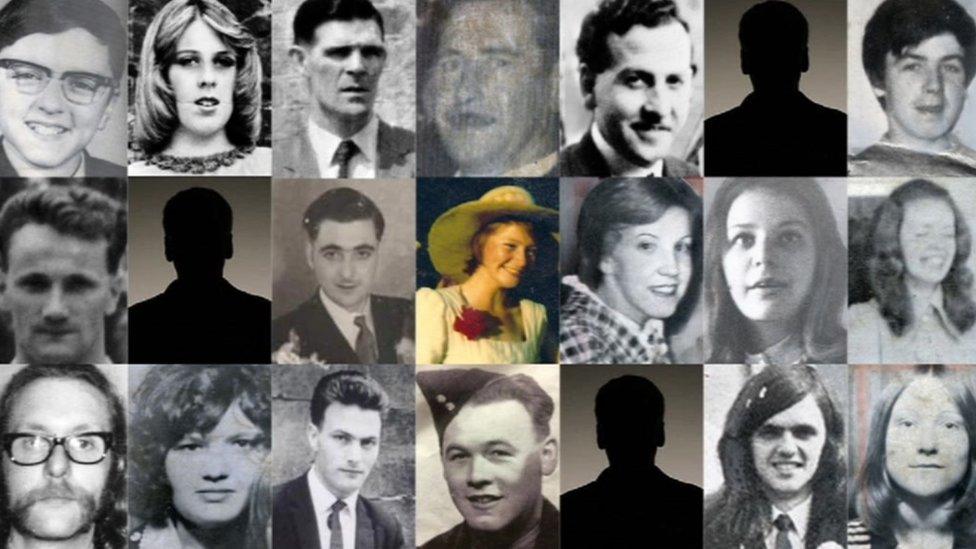
Twenty-one people were killed in the 1974 Birmingham pub bombings. Photographs of three of the victims have never been released
Twenty-one people died and 222 were injured when the bombs exploded at the Mulberry Bush and The Tavern in the Town in 1974.
Six men were convicted and then acquitted of the atrocity and no-one has since been convicted of involvement in the bombing, which is widely attributed to the Irish Republican Army (IRA).
In June, Birmingham's senior coroner ruled there was evidence that still needed to be heard and gave the go-ahead for fresh inquests.

Pub bombings: What happened?
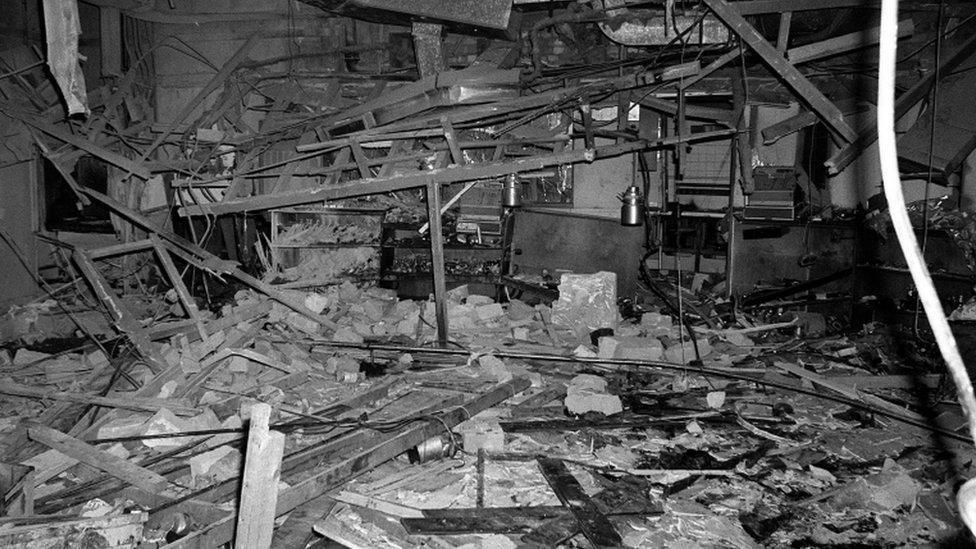
Ten people were killed inside the Mulberry Bush when a device exploded in a duffle bag
At 20:18 GMT on 21 November 1974, a bomb exploded in a duffel bag in the Mulberry Bush pub at the base of the city's iconic Rotunda building, killing 10 people. Two minutes later, a second bomb went off in the Tavern in the Town, leaving 11 more dead
A total of 222 people were also injured in what was, at the time, the worst terrorist atrocity on English soil
Six men who were on their way to the funeral of an IRA member were arrested and later jailed. They claimed in court confessions were beaten out of them
After two appeals, the Birmingham Six, as they became known, were freed in 1991 - nearly 17 years after being convicted
No-one has ever been brought to justice for the 21 murders, although members of the IRA are believed to have been responsible

- Published5 September 2016
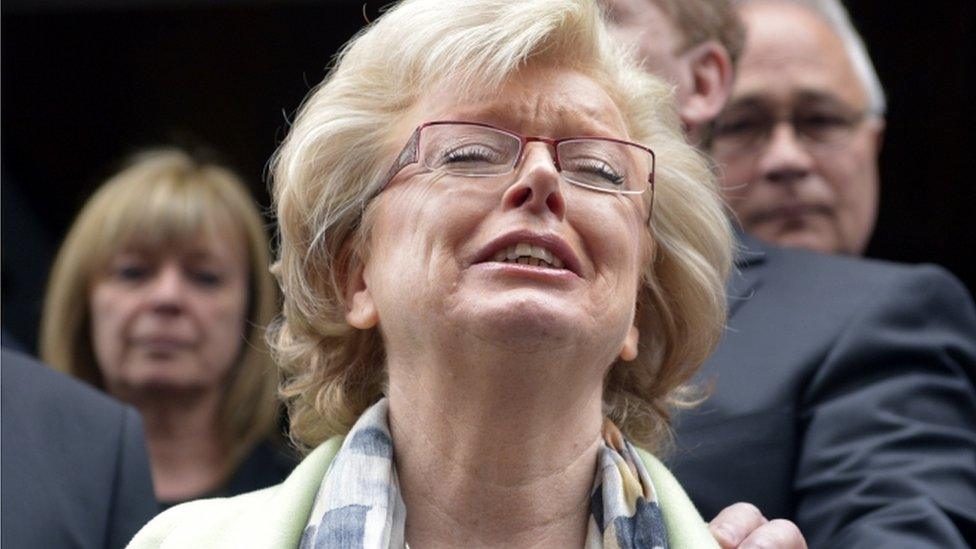
- Published26 August 2016

- Published28 July 2016
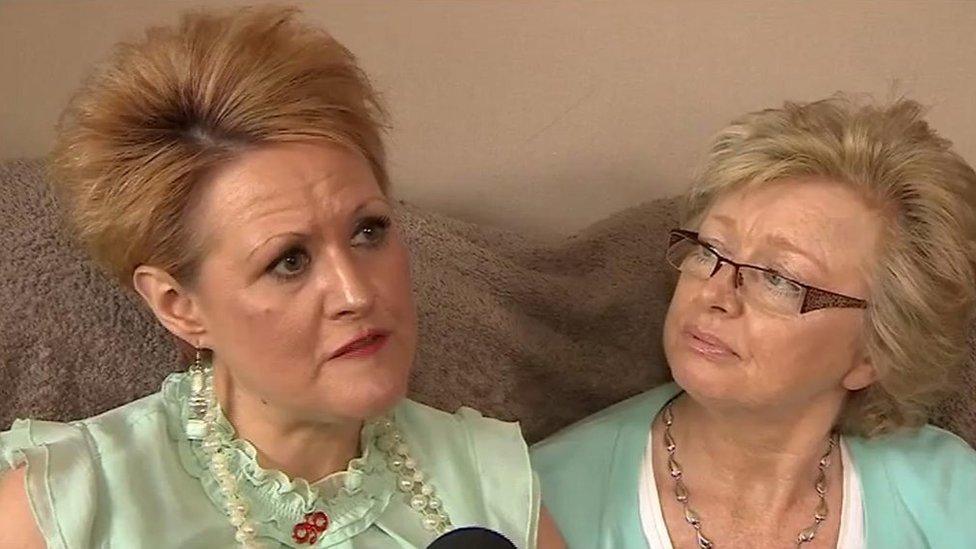
- Published14 July 2016
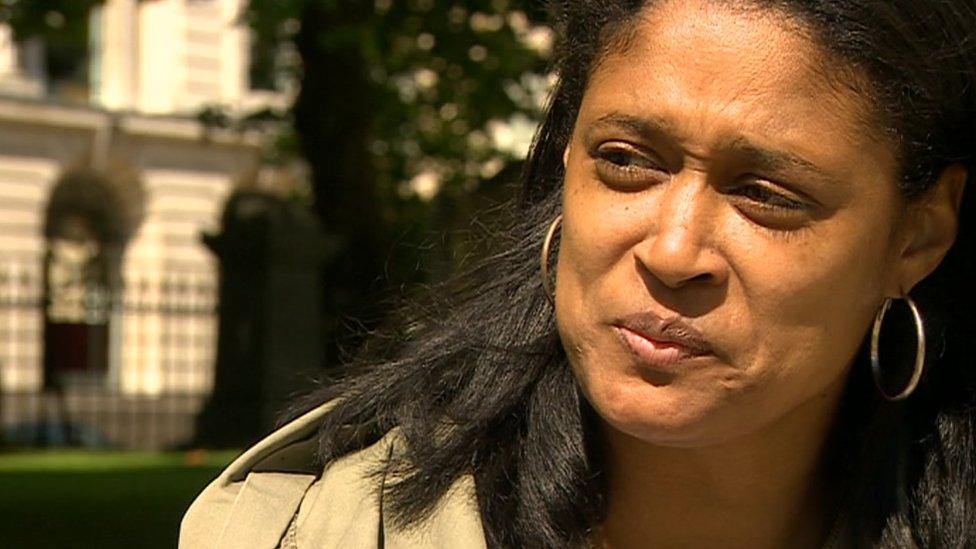
- Published1 June 2016
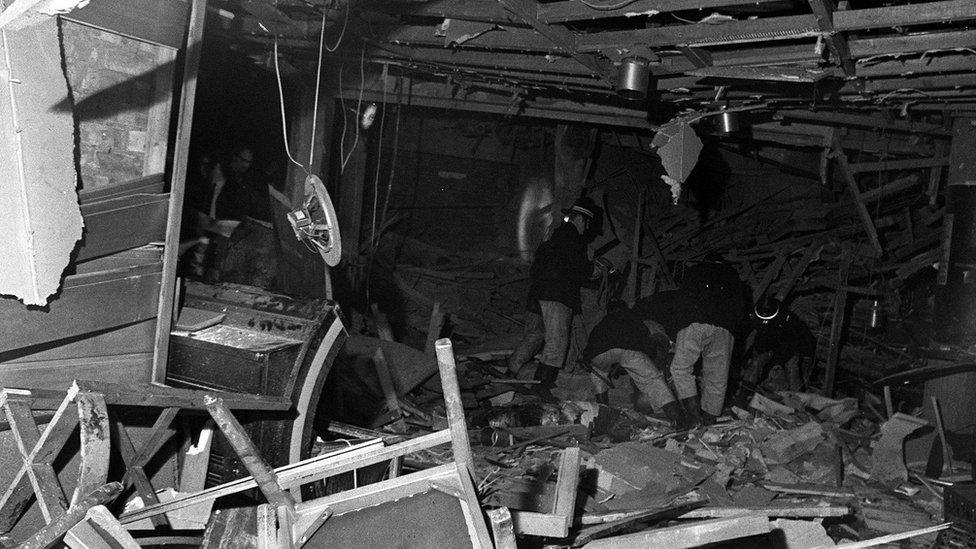
- Published1 June 2016
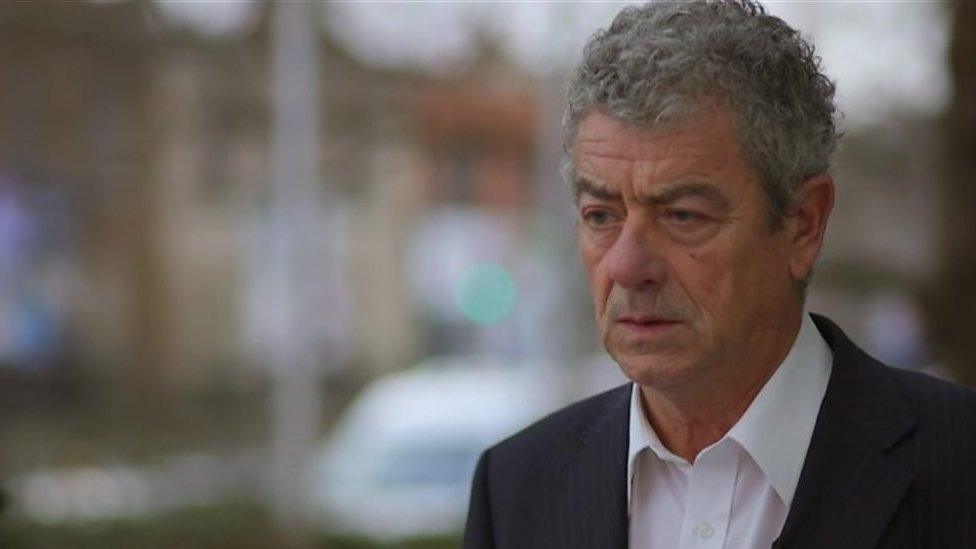
- Published1 June 2016

- Published1 June 2016
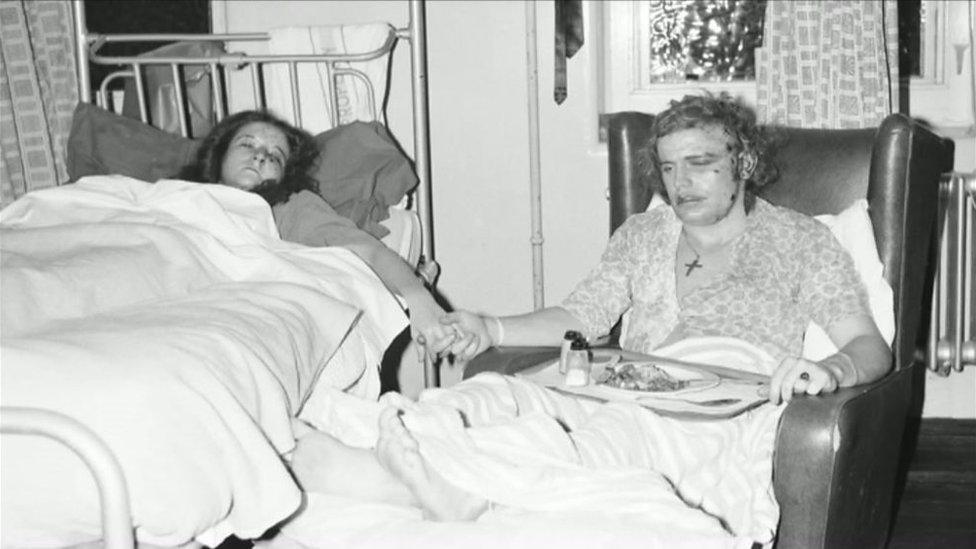
- Published10 July 2017
